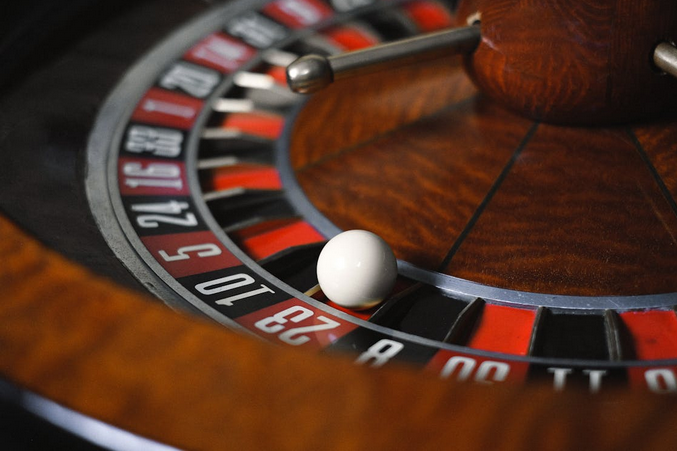
Poker has long been the poster child of gambling culture—think smoky backrooms, poker faces, and high-stakes drama. But for Gen Z, the game just doesn’t hit the same. This digital-first generation, raised on high-speed internet, video games, and virtual everything, is looking for something a little more immersive—and a lot more fast-paced. Enter VR roulette. With the thrill of real-time play, eye-catching visuals, and the feeling of stepping into a virtual casino from your bedroom, it’s no surprise that Gen Z is saying goodbye to Texas Hold’em and hello to spinning the wheel in 3D.
Shorter Attention Spans, Faster Games
Let’s be real: poker takes time. A full game can last hours, especially at competitive levels, and that kind of commitment doesn’t exactly align with Gen Z’s media habits. This is a generation raised on TikTok, quick content, and fast feedback loops. They’re not looking to sit around waiting for someone to fold. VR roulette fits perfectly into this mindset. It’s quick, thrilling, and offers instant results. You place your bet, the wheel spins, and the outcome is decided in under a minute. It delivers the dopamine hit that today’s younger players are used to—without the wait.
Immersive Tech Over Classic Cards
For Gen Z, gaming isn’t just something you do on the side—it’s a lifestyle. Many have grown up with VR headsets, multiplayer online worlds, and augmented reality filters as part of daily life. A simple deck of cards on a green table just doesn’t compete. That’s why platforms like Melbet are starting to see increased interest in their VR offerings. By allowing users to step into virtual roulette rooms that replicate the sights and sounds of real casinos, they’re delivering a more dynamic experience. For Gen Z, it’s not just about winning money—it’s about feeling part of something exciting and visually engaging.

Community Over Competition
Poker is a solitary game in many ways. Sure, you’re at a table with others, but the goal is to outplay and outlast everyone else. VR roulette, on the other hand, is more communal. Players can cheer each other on, celebrate wins together, and share the highs and lows of the game in real-time—even from different parts of the world. This sense of community matters to Gen Z. They want to connect, share experiences, and feel part of a social environment, even when they’re playing solo at home. VR technology helps bridge that gap in a way traditional card games can’t.
Lower Barrier to Entry
Let’s face it—poker has a learning curve. Understanding hands, reading opponents, and strategizing long-term can be intimidating for new players. VR roulette? Much easier. Pick red or black, choose a number, and spin the wheel. That simplicity is appealing to younger players who may not want to dive into the deep strategy of poker. It’s less stressful, more intuitive, and gives them a taste of the casino experience without feeling overwhelmed or underqualified.
The Influence of Streamers and Content Creators
Gen Z consumes a massive amount of content through platforms like YouTube, Twitch, and TikTok—and gaming streamers have a huge influence on their interests. Lately, roulette and other fast-paced casino games have been making the rounds on streaming platforms, often wrapped in slick visuals and high-energy commentary. Watching creators spin the VR roulette wheel and react in real time makes it feel more exciting and accessible. It encourages viewers to try it themselves—not just to win, but to be part of the same experience their favorite influencers are having.
While poker will always have its place in gambling history, it’s clear that Gen Z is carving out a different path. They crave speed, immersion, simplicity, and community—all things that VR roulette offers in spades. As technology continues to evolve and the line between gaming and gambling blurs, one thing’s certain: the roulette wheel is spinning in a whole new direction.